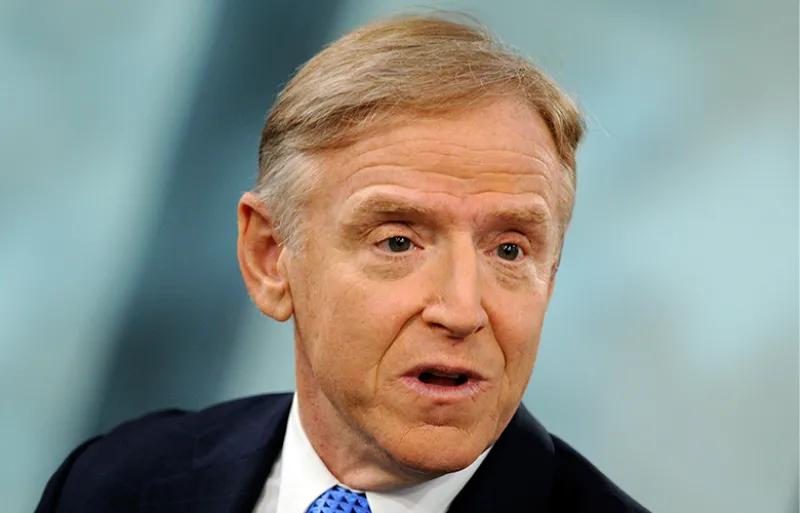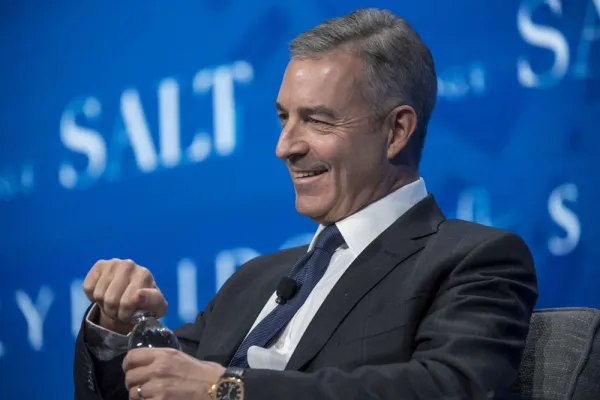Cliff Robbins’ Blue Harbour Group has taken its second publicly-known activist position in three months.
The hedge fund firm said in a regulatory filing that it more than doubled its stake in Wesco International to nearly 3.4 million shares, or 7.2 percent of the electronics distributor. It paid roughly between $57 and $60 per share for its latest shares over the past two months, according to the filing.
In its disclosure, Blue Harbour uses typical boiler-plate language—its standard strategy—to assert the stock is “an attractive investment opportunity” and that it has spoken with and will continue to speak with management.
Blue Harbour, with about $3 billion of assets, has generally kept a lower profile than many of the larger, well-known activists. The firm likes to say it talks to management before building a large position. It rarely launches a proxy fight or publicly fires off a lengthy letter laying out demands or “suggestions” to its targeted companies.
Wesco’s $2.7 billion market value falls toward the lower end of Blue Harbour’s targeted universe of $2 billion to $10 billion.
The hedge fund first took a stake in the company in the second quarter of 2007 but was out by the first quarter of 2008. It then took a very small position in the third quarter of 2017, significantly upsizing it in the first quarter of this year.
Wesco's stock has been trading this month in the upper $50s, down from a high this year of $68.75 in late January. Its shares had climbed as high as the low $90s in late 2013.
In 2017, Wesco’s $321 million of operating earnings slipped less than one percent from the previous year, while revenues rose 4.7 percent to nearly $7.7 billion, according to the company’s earnings statement.
An investor in Blue Harbour says the hedge fund likes the management team and believes it is in a solid business. The investor also emphasizes Wesco’s business started to turn positive in the second half of 2017, after suffering through a mini-industrial recession from 2015 through 2017.
Wesco is deemed to have exposures to attractive end markets such as data centers, which generates high free cash flow for the company.
According to an investor, Blue Harbour would like to see Wesco use the cash flow to either make acquisitions, particularly in its electrical distribution business, or buy back stock.
Blue Harbour declined to comment.
In April, Robbins told a conference that software company Open Text Corp. was “mispriced and inexpensive,” saying it could boost its value by 50 percent if it does a big deal or puts itself up for sale.
“This is a very high quality business,” Robbins told the audience, according to a Bloomberg account at the time. “This team knows how to do deals and we’re going to help them.”
Meanwhile, in May, Adient named Blue Harbour managing director Peter Carlin to its board of directors. Adient, which makes automotive seating, is only the third portfolio company of Blue Harbour to have an employee of the hedge fund on its board.
In September, Blue Harbour disclosed it owned 6.2 percent of Adient. The company had separated from Johnson Controls in October 2016.







